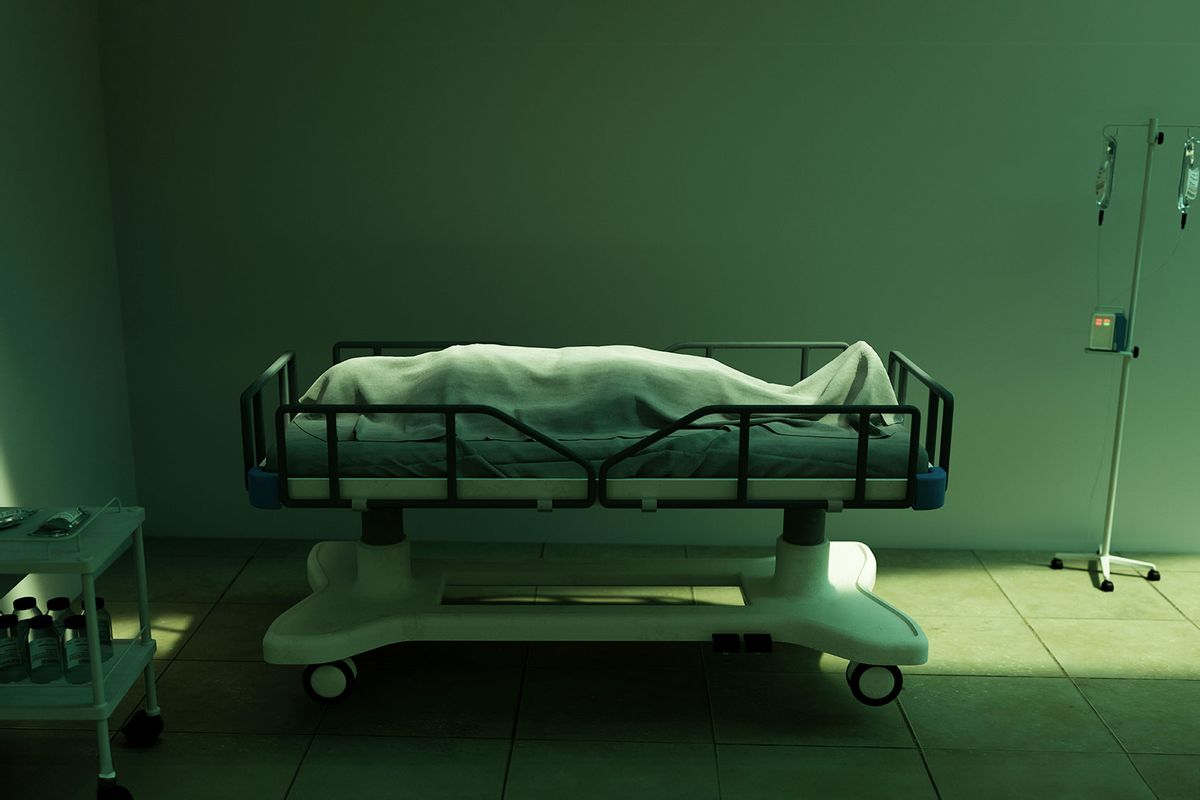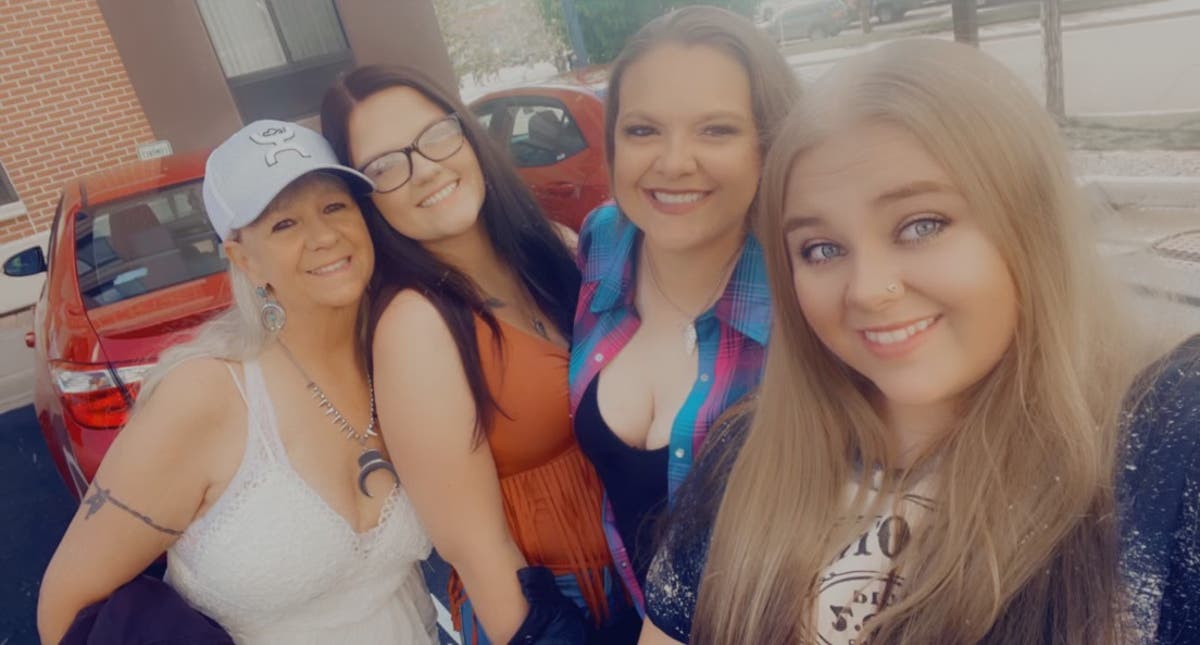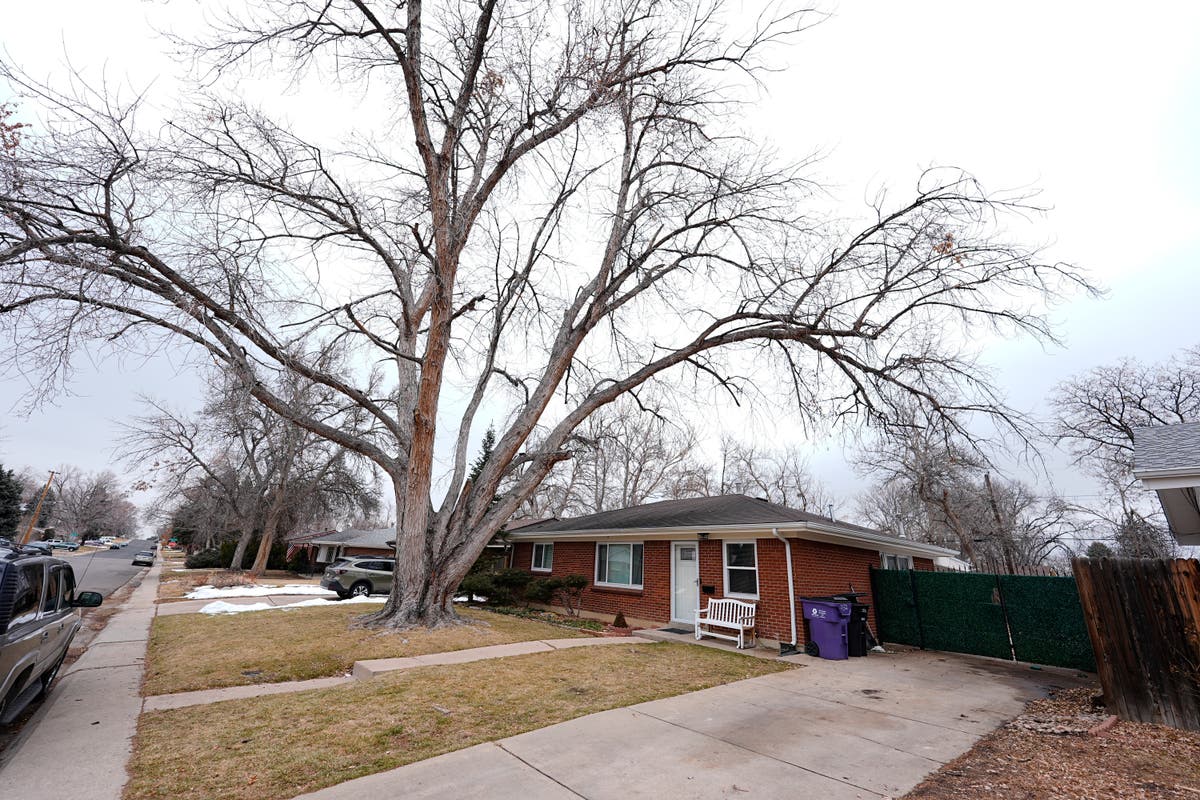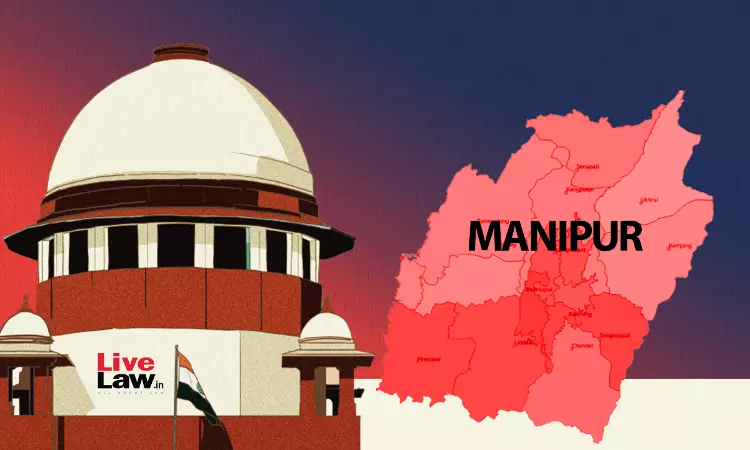
Unclaimed dead bodies are often "donated" to science — but it’s not always consensual
SalonWorking with cadavers in an anatomy lab is often a humbling and monumental moment in a doctor’s career. “The use of somebody's body, even after their death, without their consent is in tension with many of our commonly accepted norms of best ethical practices in medicine,” Shupe told Salon in a phone interview. “It's not something that someone else enforces on them.” In addition to the ethical concerns that affect the unclaimed individuals directly, this practice also harms families, Shupe said, citing a recent NBC investigation that found unclaimed bodies were not only sent to the North Texas Health Science Center without a family’s consent but sold to various other institutions for training purposes. In a 2018 study published in the journal of Anatomical Sciences Education, 12% of 146 medical schools who responded to a survey said they used unclaimed bodies in medical education, with many of the people who ran the programs reporting that they were neutral on the question of whether it was important to tell students about the origins of the body, said study author Dr. Matthew DeCamp, a general internist at John Hopkins University. “If we know that unclaimed bodies are from a majority of people of color, and we know that very few people of color donate their bodies or want to donate their bodies, this is more of a reason for us not to send unclaimed bodies, especially from people of color, to be dissected,” Balta told Salon in a phone interview.
Discover Related




















